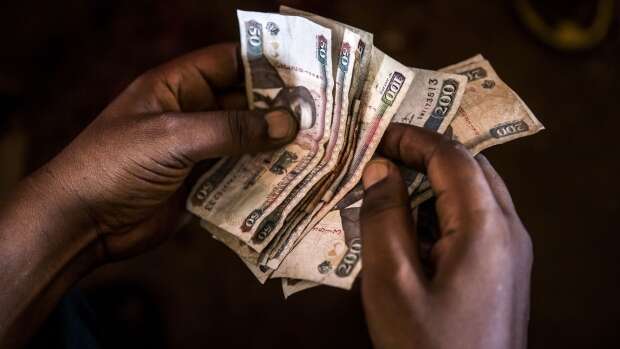Kenyan shilling heads for best week in 29 years after bond sales
Kenya’s shilling is heading for its best week in almost three decades after strong demand for a Eurobond sale boosted confidence in Eastern Africa’s second-largest economy.
The shilling, which was Africa’s second-worst performing currency as recently as last month, has strengthened 8.8% so far this week, putting it on track for its biggest rally since October 1994.
A $1.5 billion Eurobond placement was met with strong foreign-investor demand, easing concern about the repayment of a note due in June. Foreign investors have also been buying the local currency to pay for 241 billion shillings ($1.6 billion) of local infrastructure debt sold on Wednesday. The central bank accepted bids for about three times the amount of notes on offer.
“Investor concerns have eased after the government re-accessed international markets,” Faith Atiti, Diamond Trust Bank’s head of research and analysis, said in a note. “Easing uncertainty should support, albeit gradually, increased investments and consumption — lifting industry and services sectors.”
Most Kenyan banks placed bids in the infrastructure bond sale and local lenders now hold about half of the nation’s outstanding public debt stock, John Gachora, the chairman of the Kenya Bankers Association, said in a statement.
That debt issue also “elicited considerable foreign investor appetite,” which boosted the shilling, said Gachora, who is also managing director of Nairobi-based NCBA Group Plc.
Timothy Kiarie, a Nairobi-based financial analyst at foreign-exchange broker Scope Markets, said the rally may just be a temporary bounce and forecast that the currency could weaken to around 161 per dollar from around 145 on Friday. The timing of the potential depreciation depends on economic events, he added.








